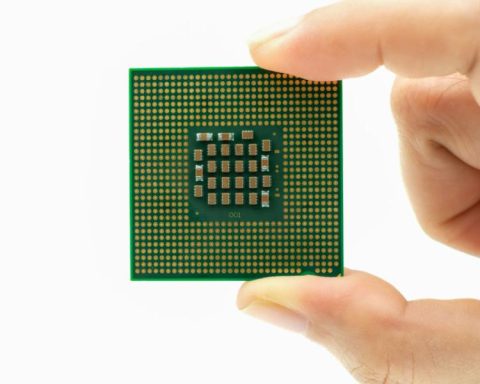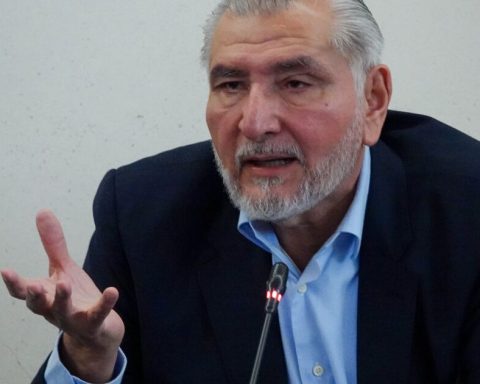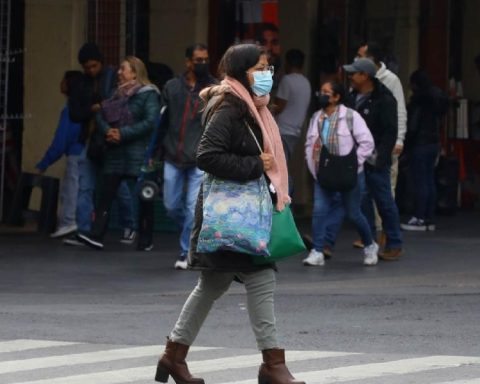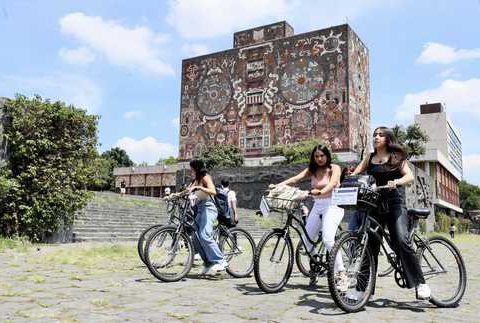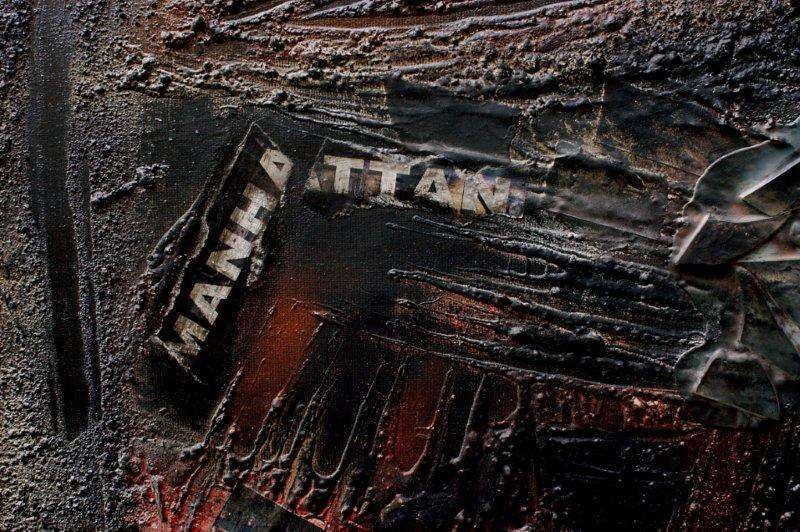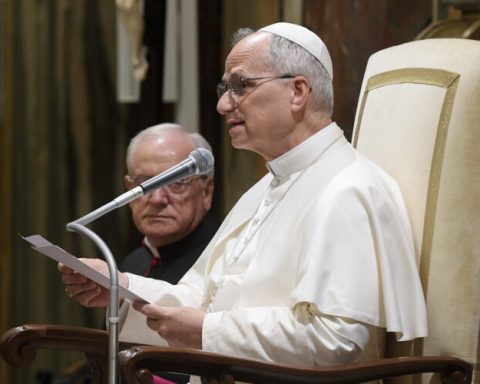AND
n the face-to-face return to classes at the National Polytechnic Institute (IPN), the waters of student dissent are rough. Partial and indefinite strikes, shots of schools, roadblocks, assemblies and petitions are multiplying at an unusual speed.
In the malaise of young people, old and new grievances are mixed, with a high-intensity interbureaucratic conflict due to the dispute over the institute, corruption, indolence and the inability of officials to respond to the demands of the students, complaints of sexual harassment, rapacity and ambition of the charrismo of the National Union of Education Workers (SNTE), cheerleading and presidential succession. Together, these factors have ended up creating a political-social cocktail with unsuspected consequences.
The way of operating of the new administration of the IPN was embodied in an admission exam organized by the Polytechnic Foundation (a private organization that has served for officials of the institution to do business). The applicants, in addition to paying the Foundation for taking the test, had to answer it on a computer. Young people with fewer resources, who live in communities or regions with very poor connectivity, were left at an open disadvantage compared to others with more income and more digital skills. The examination revealed how private businesses were privileged under public budget management.
During the pandemic, the enrollment of new entrants grew because it operated in virtual conditions. However, when returning to face-to-face classes, signing up for a learning unit (subject) became a major inconvenience. The authorities did not open enough spaces, causing a quota deficit. Students could not enroll their entire course load because there were no groups available. This would have been avoided with adequate planning, an increase in teachers and the reorganization of classrooms. But the authorities were more attentive to business abroad and the authoritarian control of plazas than to providing better conditions for the community.
It is not an exaggeration. The Poli manages considerable economic resources associated with privatization de facto from certain areas. The contract of outsourcing cleaning is 493 million 467 thousand 547 pesos. Regarding the places, there are complaints from the teachers because they are assigned to the central area, where there are no students.
As César Iglesias, professor at the IPN and collaborator of the dayIn the current student mobilization there is a lot of participation. The boys not only want to be accepted in the institution, they also want to study in better conditions. Their demands, in the midst of the educational disaster, are genuine, real. They want adequate classes and conditions to study. They fight for dignity. However, the SNTE and the bureaucracy are reaching out to bring water to their mill.
Each educational center has its petition sheet. That limited the range of movement. But, now, they managed to form the Polytechnic Coordinator in Resistance, which brings together their demands. The terrible response of an inept and inefficient bureaucracy has fueled discontent.
There is also dislike among teachers. No one guarantees them a level floor to access a decent square, explains Iglesias. A wicked system was created. The greatest academic load is in the overexploited professors, who, although they want to carry out research, cannot, because they spend countless hours in front of a group and generally have to combine up to three jobs.
In December, the doctor in molecular medicine, specialist in vaccines Arturo Reyes Sandoval, celebrates two years at the head of Poli. He was appointed by the President. A graduate of the institution, a former professor at the University of Oxford, very close to Marcelo Ebrard, unaware of the internal problems, he has left the management of the IPN in the hands of the secretary of administration, Javier Tapia Santoyo, former treasurer of the Issste, known for his rudeness.
Reyes’s affinity with Ebrard has earned him the animosity of those close to other candidates for the presidential candidacy. Thus, there are forces interested in using genuine student discontent to try to get rid of the director or, at least, the team closest to him.
Whether it is recognized or not, in the polytechnic Olympus there is a clash with the general secretary, Juan Manuel Cantú Vázquez, close to the former director Yoloxóchitl Bustamante and Diódoro Guerra. He was appointed in August 2021, it is claimed, as a result of a negotiation between the Secretary of Education Delfina Gómez and Emilio Chuayfett.
Characters such as the coordinator of the auxiliary police in the IPN, Eduardo Vanegas, cloud the climate more. Former police deputy director at the Tlanepantla Public Security police station, state of Mexico, operator of the SNTE at the service of the charro Bernard Quezada. He has been singled out for driving joints In the institution.
On September 6, Reyes Sandoval promised not to take action against those who have expressed disagreement. Interestingly, that day Claudia Sheinbaum received student counselors from the Interdisciplinary Center for Health Sciences Milpa Alta Unit of the IPN, to attend to matters related to public transportation. The young people released a statement about their efforts, in which they appear together with the head of government.
In what is an explicit message of support for the director of the IPN by the President, on September 7 both met at the National Palace. On Sunday the 11th, Reyes Sandoval appeared on national time.
This week will be crucial. With so many interests at stake, the outcome is uncertain.
Twitter: @lhan55


